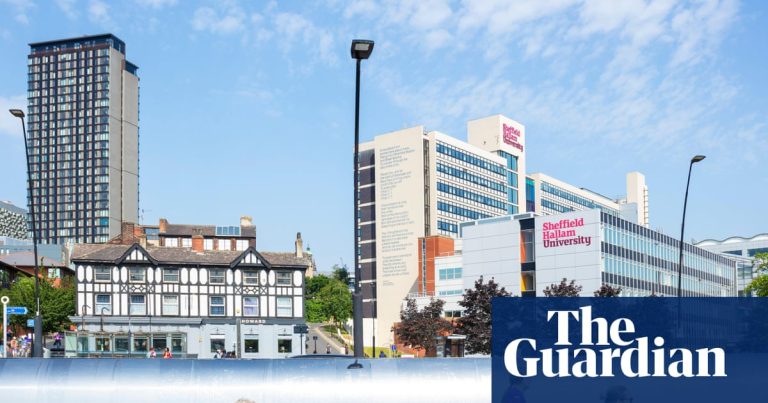Home Secretary Shabana Mahmood will set out sweeping asylum reforms including fast-tracked deportations and limits on appeals in a statement to MPs. The measures aim to speed up removal of failed asylum seekers and foreign criminals, reduce arrivals on small boats and tighten how human rights law is applied in migration cases.
Key changes include ending repetitive appeals by restricting claimants to a single appeal; if that fails they will be deported. The government will adopt a Danish-style independent body to fast-track deportations of foreign criminals and cases deemed to have little prospect of success. Mahmood said the plan was a “moral mission” to tackle what she described as illegal migration “tearing our country apart” and dividing communities.
Asylum grants would become temporary. Successful claimants would face regular reviews — every two and a half years — and could be returned if their home country is judged safe. The qualifying period for permanent residence or indefinite leave to remain would rise from five years to 20. Family reunion rights would be narrowed so only immediate relatives such as parents or children could be relied on under Article 8 of the European Convention on Human Rights (ECHR).
The government also intends to change how Article 3 of the ECHR (protection against inhuman or degrading treatment) is applied, arguing it has been used to block deportations in some cases where healthcare needs were cited. The Modern Slavery Act will be tightened to limit last-minute claims that stall removals. Housing and weekly allowances for asylum seekers would no longer be guaranteed. Mahmood said the reforms would restore “order and control” and allow the UK to maintain its ability to provide sanctuary.
Mahmood announced plans to create new safe and legal routes for refugees linked to work and study opportunities. She also warned three African countries — Angola, Namibia and the Democratic Republic of Congo — could face visa bans if they do not improve cooperation on returns, after thousands of migrants and some criminals from those nations were reportedly in the UK. A Home Office source said the countries were targeted for “unacceptably low cooperation and obstructive returns processes.”
The proposals have drawn mixed reactions. Prime Minister Keir Starmer backed moves to stop “endless appeals” and increase removals of “those with no right to be here.” Conservative shadow home secretary Chris Philp said he would go further, calling for failed asylum seekers to be deported “within a week.” Reform leader Nigel Farage suggested the proposals echoed his party’s stance but doubted they could be fully implemented given legal constraints.
Some Labour MPs voiced concern. Rachael Maskell warned the government was heading “completely the wrong direction” and said many colleagues were “really concerned” about weakening the human rights framework, describing changes to the ECHR relationship as “a step too far.” Liberal Democrat home affairs spokesperson Max Wilkinson urged a focus on processing claims quickly and deporting those with no right to stay. Refugee sector critics, including Enver Solomon of the Refugee Council, said the 20-year route to settlement would leave people in prolonged limbo and anxiety.
Asylum applications are at record levels — around 111,000 in the year to June 2025 — and the appeals system has a backlog of more than 50,000 cases with waits of at least a year, a pressure cited by the government for urgent reform. The proposal to use tougher legal tests and an independent removals body is intended to clear the backlog and deter onward migration, but opponents warn of human-rights and humanitarian consequences.





